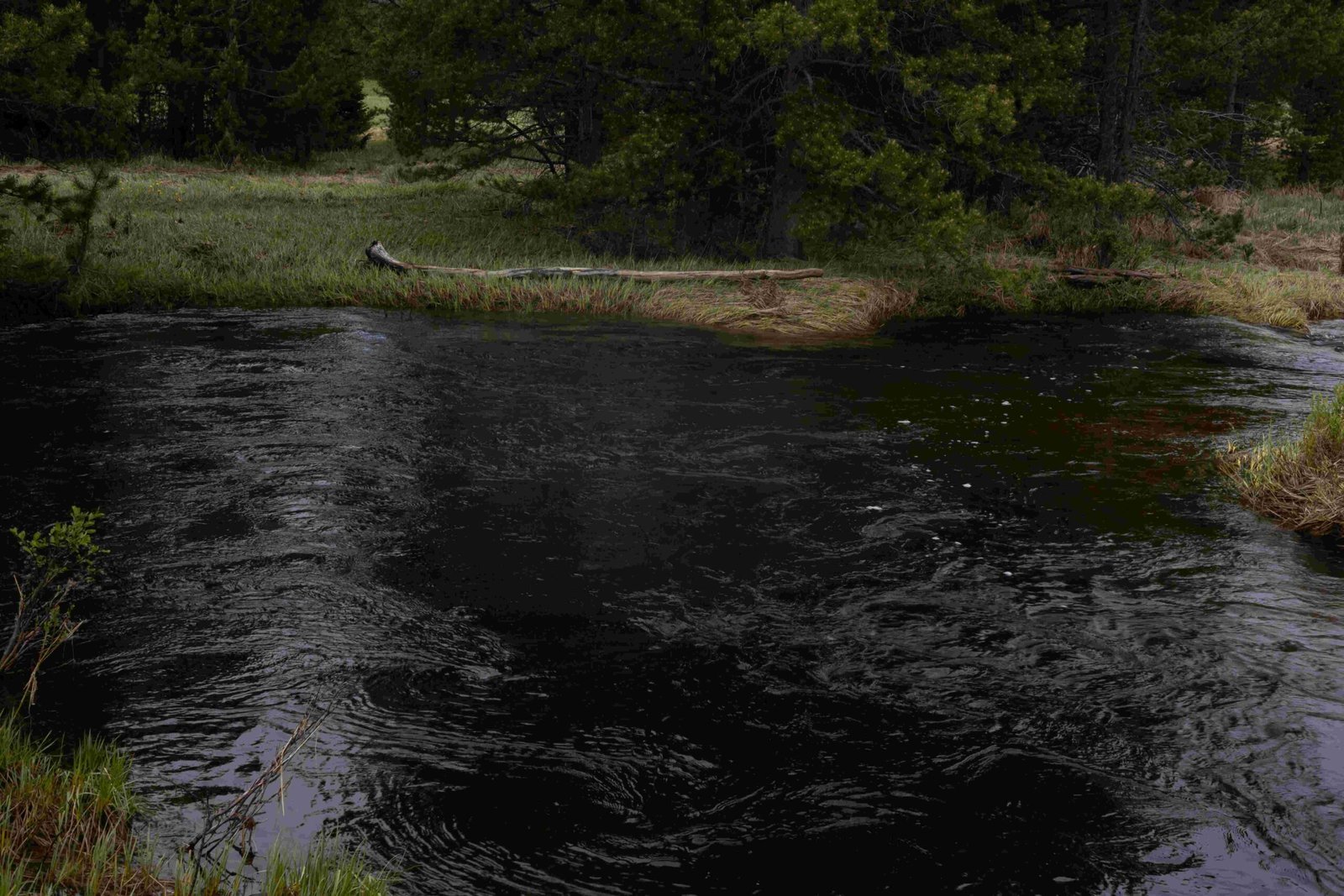Cougar attacks in Rocky Mountain National Park are extremely rare occurrences. Since 1868, there have been only 29 confirmed fatal cougar attacks across North America, averaging less than one fatality per year. In Rocky Mountain National Park specifically, there has been one documented fatal attack in 1997. Despite the low frequency, understanding cougar behavior, attack statistics, and safety measures is crucial for visitors to the park.
What Are the Statistics on Cougar Attacks in Rocky Mountain National Park?

The statistics on cougar attacks in Rocky Mountain National Park are limited due to their rarity. However, we can provide some insights:
- Only one fatal cougar attack has been recorded in the park’s history
- The incident occurred on July 17, 1997
- The victim was a 10-year-old boy named Mark Miedema
- The attack was carried out by an adult female cougar
While this single incident is tragic, it’s important to contextualize it within the broader statistics of cougar attacks in North America:
| Statistic | Number |
|---|---|
| Confirmed fatal cougar attacks in North America since 1868 | 29 |
| Average annual fatalities from cougar attacks | Less than 1 |
| Fatal attacks in Rocky Mountain National Park | 1 |
These numbers underscore the extreme rarity of such incidents, especially when considering the millions of visitors the park receives annually.
How Often Are Cougars Sighted in Rocky Mountain National Park?

While specific data on cougar sightings in Rocky Mountain National Park is not readily available, we can provide some general information about cougar sightings in similar environments:
- Cougar sightings are generally rare
- They typically occur in areas where human recreation overlaps with cougar territories
- Sightings are more common during daytime hours in summer and fall
- Cougars usually avoid human contact
It’s worth noting that the absence of sightings doesn’t mean cougars aren’t present. These elusive predators are skilled at avoiding detection and often move through their territories unseen.
What Are the Best Practices for Avoiding Cougar Attacks?
To minimize the already low risk of cougar attacks in Rocky Mountain National Park, visitors should follow these best practices:
- Hike in groups and make noise to avoid surprising a cougar
- Keep children close and within arm’s reach
- Avoid hiking or camping at dawn, dusk, or night when cougars are most active
- Stay on designated trails
- Be aware of your surroundings and watch for signs of cougar presence (tracks, scat)
- Do not approach or feed wildlife, including cougars
- Follow all park rules and guidelines provided by rangers and visitor centers
What Should You Do If You Encounter a Cougar?
In the unlikely event of a cougar encounter in Rocky Mountain National Park:
- Stand your ground and face the animal
- Make yourself appear larger by raising your arms or opening your jacket
- Speak firmly and loudly to the cougar
- Slowly back away while maintaining eye contact
- Do not run or turn your back, as this may trigger a chase response
- If attacked, fight back aggressively using any available objects
How Does Cougar Behavior in Rocky Mountain National Park Differ from Other Regions?
Cougar behavior in Rocky Mountain National Park is generally consistent with their behavior in other regions:
- Cougars are solitary predators
- They primarily hunt at night but can be active during the day
- Their main prey is deer and other medium-sized mammals
- Cougars have large territories marked with scat and other signs
- They generally avoid human-developed areas
One factor that may influence cougar behavior in the park is the level of human activity. High levels of recreation in cougar habitats can lead to more frequent, though still rare, human-cougar interactions.
What Are the Park’s Policies on Cougar Management?
Rocky Mountain National Park, like other national parks, follows specific policies regarding cougar management:
- Non-intervention: The park generally allows natural processes to occur without human interference
- Public education: Rangers provide information on cougar safety and behavior to visitors
- Monitoring: Park staff track cougar populations and activity within the park
- Response to incidents: In rare cases of aggressive cougar behavior, park officials may intervene to ensure public safety
These policies aim to balance the preservation of natural ecosystems with visitor safety.
How Has Climate Change Affected Cougar Populations in Rocky Mountain National Park?
While specific data on climate change impacts on cougars in Rocky Mountain National Park is limited, we can infer some potential effects:
- Changes in prey distribution may alter cougar hunting patterns
- Shifts in vegetation could affect cougar habitat and territory
- Increased human activity in higher elevations due to warming may lead to more human-cougar interactions
Research is ongoing to better understand these potential impacts.
By understanding cougar behavior, following safety guidelines, and respecting wildlife, visitors to Rocky Mountain National Park can enjoy a safe and enriching experience in cougar country.
References:
1. https://mountainlion.org/2024/04/06/risk-and-recreation/
2. https://en.wikipedia.org/wiki/List_of_fatal_cougar_attacks_in_North_America
3. https://wildlife.ca.gov/Conservation/Mammals/Mountain-Lion/Attacks

